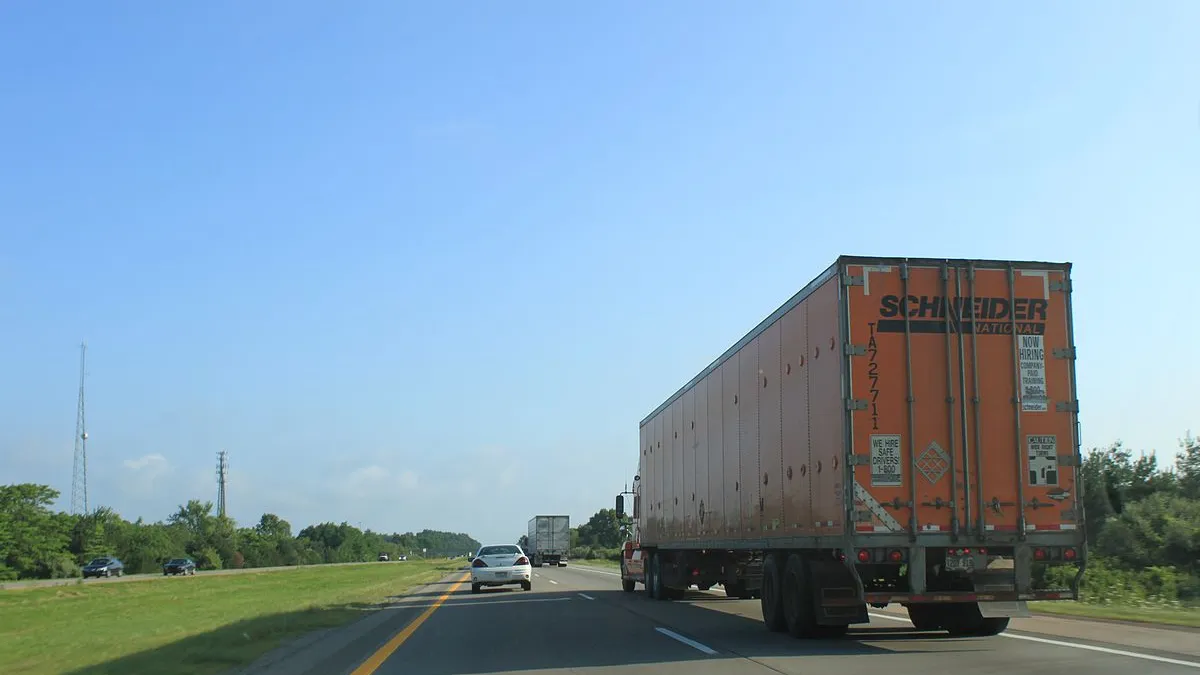Dive Brief:
- Schneider National said the shutdown of its last-mile service, lower fuel costs and cost management of driver recruiting and maintenance more than offset a variety of Q1 problems, including rates and impairment charges. The company reported Q1 net income of $42.9 million, a 16% increase, year over year, according to its Thursday earnings release.
- Truckload revenues for Q1 were down 12% to $469.4 million, year over year. Schneider officials said that was partially due to lower prices. Improved worker productivity helped offset that loss, officials said.
- The harshest impact of the coronavirus will be in Q2, officials for the TL and intermodal company told investors. Schneider projects steady increases in demand for its services in Q3 and Q4. Nevertheless, the company suspended its 2020 guidance. Net capital expenditure guidance is approximately $260 million, with an accelerated technology spend.
Dive Insight:
Schneider closed its First to Final Mile (FTFM) service in August, "due to the poor operating performance." Large last-mile deliveries, also known as big and bulky, have become more prominent in recent years, as large items such as furniture and appliances are sold online and need to be delivered to customers' homes. But Schneider couldn't see a profitable path forward, even as FedEx Freight has announced plans to move into the space. And, as the company reported, it paid off.
Schneider officials took a notable amount of time to address April performance, even though an official report on the month will be wrapped into Q2's call. A number of carriers have taken time in their Q1 earnings calls to give up-to-date information on performance to analysts and investors, perhaps an effort to calm nerves about COVID-19 and its future impact.
On its earnings call last week, Knight-Swift Transportation noted essential goods were 61% of its customer mix before the pandemic, with that share jumping to 72% by early April. Old Dominion Freight Line CEO Greg Gantt told analysts that as the domestic economy changed in the last half of March, the LTL carrier experienced a "significant increase in our average weight per shipment and this trend has also continued into April," offsetting a decline in number of shipments.
For Schneider, the April news was positive. CEO Mark Rourke said TL and intermodal freight volumes stabilized late April, after experiencing a steady decline earlier in the month. By the end of the month, TL volumes were down "upper single-digit percentages" compared to last year, and intermodal volumes were down "upper teen percentages," he said.
"In addition," Rourke continued, "while there is still much to play out, we are starting to see encouraging signs that some impacted customers and suppliers are in the process of reopening or ramping up their operations."











